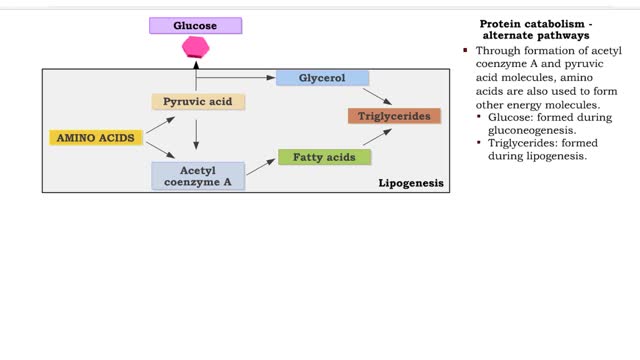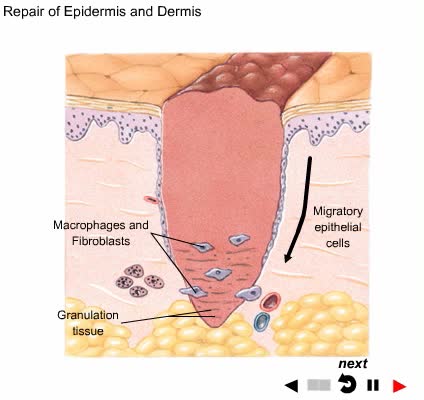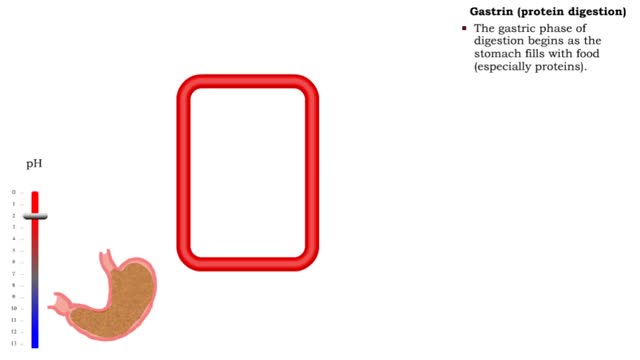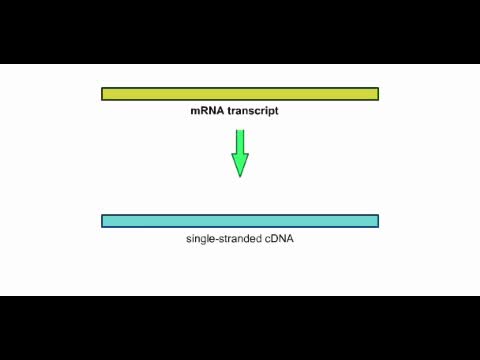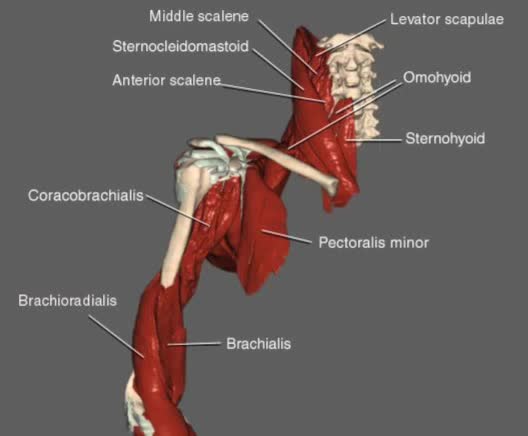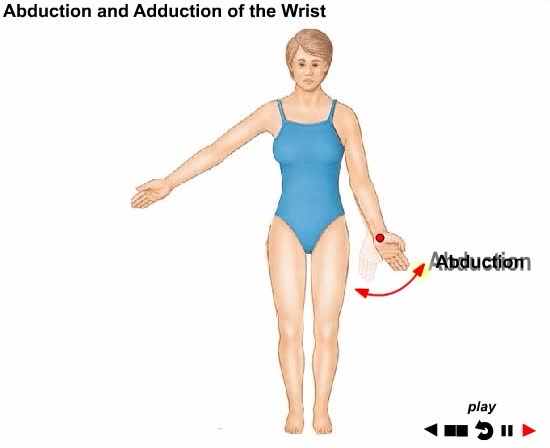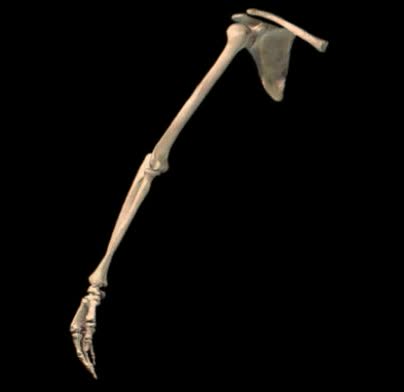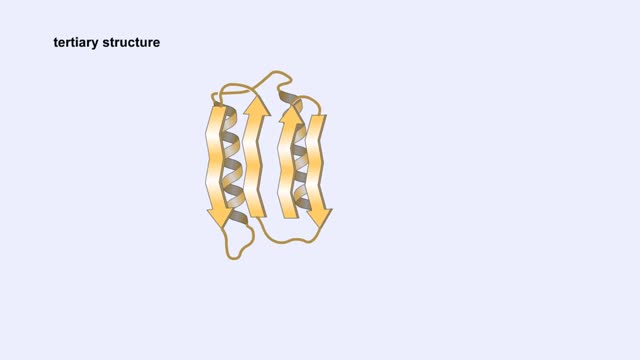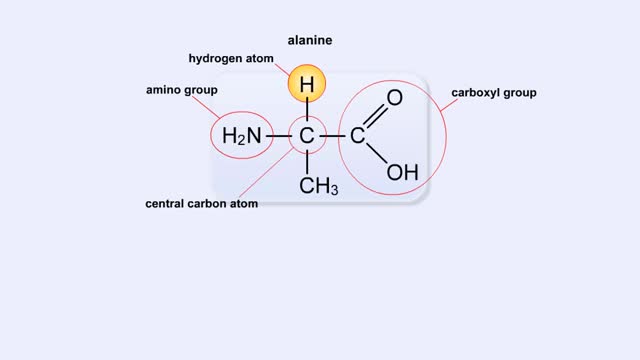Search Results
Results for: 'Complement Proteins Animation'
Protein catabolism (Krebs cycle) and Protein anabolism (protein synthesis)
By: HWC, Views: 11894
• Deaminated acids are brought into the Krebs cycle to be oxidized to CO2 and H2O. • Before entering the Krebs cycle, the deaminated acids are converted into intermediate products (pyruvic acid, acetyl coenzyme A, carbonic acids). • In the Krebs cycle, amino acids are oxidized to form r...
By: Administrator, Views: 14335
A wound is an injury to living tissue caused by a cut, blow, or other impact, typically one in which the skin is cut or broken.
By: HWC, Views: 11450
The endocrine system maintains many body conditions within normal limits with feedback loops. Each endocrine feedback loop maintains homeostasis using the following components: • Stimulus - a change in a body condition. • Production cell - an endocrine cell that produces a hormone after b...
By: HWC, Views: 5804
This animation shows how an mRNA transcript can be used to make a cDNA strand.
By: Administrator, Views: 804
Four muscles—the supraspinatus, infraspinatus, teres minor, and subscapularis—make up the rotator cuff. It stabilizes the shoulder and holds the head of the humerus into the glenoid cavity to maintain the principal shoulder joint.
By: Administrator, Views: 526
Types of body movement that occur at the diarthrotic joints: - Abduction - Adduction - Circumduction - Dorsiflexion
By: Administrator, Views: 549
Types of body movement that occur at the diarthrotic joints: - Rotation - Supination
Protein Structure - Primary, Secondary, Tertiary and Quaternary
By: HWC, Views: 11188
A protein's first order structure, or primary structure, begins with the amino acid sequence of the polypeptide chain. The 20 different amino acids can be arranged in an infinite number of sequences. For example, the hormone insulin, which regulates the uptake of glucose from the blood into ce...
Structure of Amino Acid, Peptide Bonds & Polypeptides
By: HWC, Views: 10919
Here are the molecular formulas of three different amino acids. All amino acids share this backbone. The main difference between every amino acid is the side groups seen here, and these side groups give each of the amino acids their different characteristics. But before we get into that, let's ...
Advertisement



